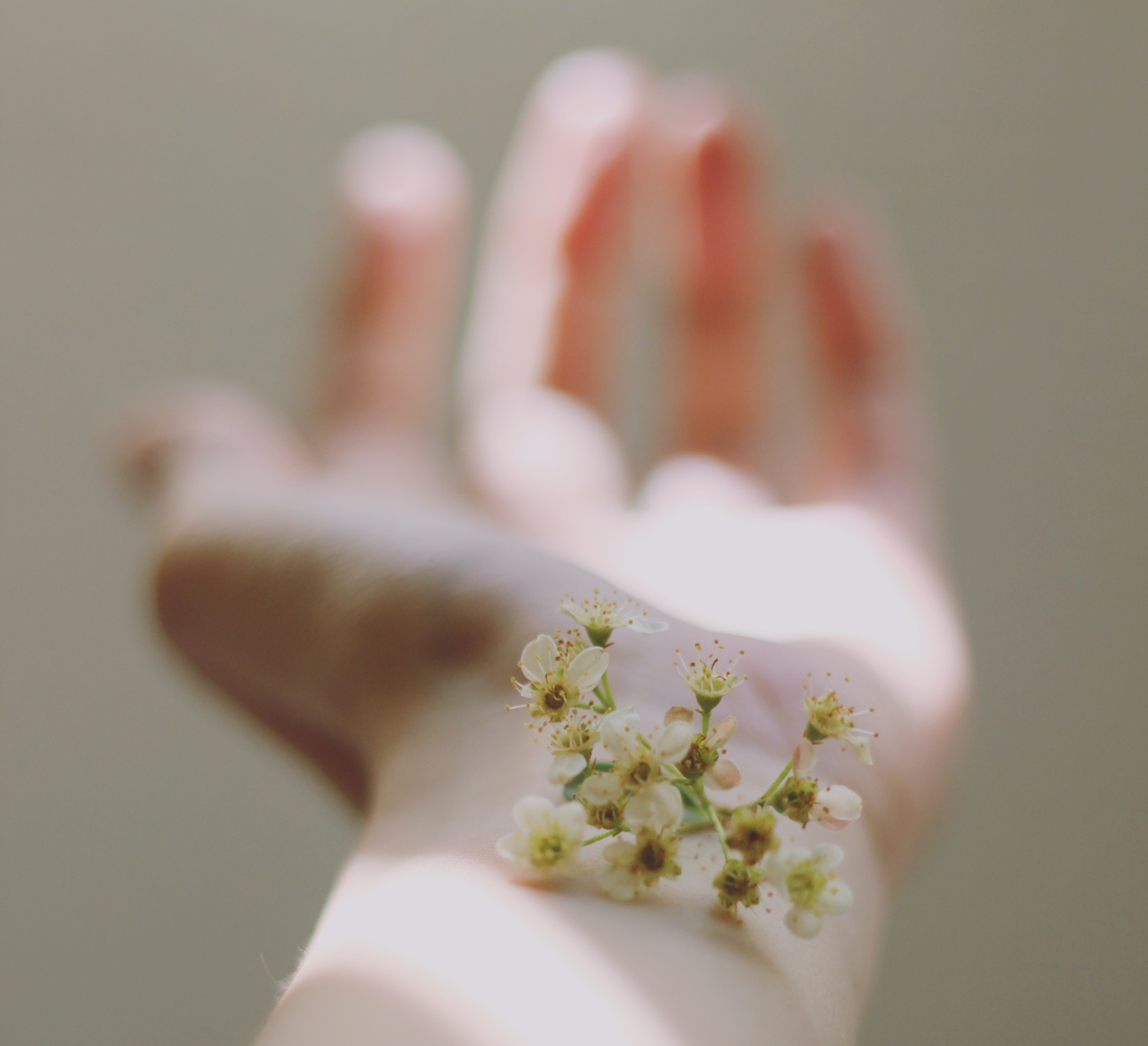Our skin, the body’s largest organ, is often an outward barometer of our internal health. It shields us from the outside world, but it can also present puzzling conditions that range from minor nuisances to potentially serious health issues. This blog post aims to help you understand various skin conditions and evaluate their severity. Whether it’s acne or a case requiring varicose vein treatment, your knowledge could be instrumental in addressing the condition properly.
Common Skin Conditions and Their Causes
Acne
Acne is the most common skin condition, affecting almost 80% of the population at some point, particularly during adolescence. It occurs when hair follicles become clogged with oil and dead skin cells. While acne isn’t life-threatening, it can lead to scars and have significant psychological effects.
Eczema
Eczema, or atopic dermatitis, is a chronic skin condition characterised by dry, itchy, and inflamed skin. It’s commonly seen in children but can occur at any age. Triggers include allergens, irritants, and stress.
Psoriasis
This is an autoimmune disease that speeds up the growth of skin cells, resulting in red, itchy, and scaly patches. The exact cause remains unknown, but a combination of genetics and environmental triggers seems to play a role.
Varicose Veins
These enlarged, twisted veins usually occur in the legs and feet. Although they’re often harmless, they can lead to complications like ulcers or blood clots. Varicose veins are typically a result of weak or damaged vein walls and valves, and certain clinics specialise in treatments like London varicose vein treatment.
How to Determine the Severity of a Skin Condition
Recognising the severity of skin conditions can sometimes be challenging. Many conditions share similar symptoms, which can make it difficult to self-diagnose. Here are a few tips:
- Monitor Duration: If a skin issue persists for more than two weeks, it’s worth seeking medical advice.
- Watch for Rapid Changes: A rapidly changing or growing lesion could be a sign of a serious condition, such as skin cancer.
- Pain or Discomfort: Painful skin conditions could signify an infection or other serious condition.
- Response to Treatment: If over-the-counter treatments aren’t working, or if symptoms worsen, consult a healthcare professional.
The Importance of Professional Assessment
While it’s essential to be aware of your skin’s health, diagnosing skin conditions should ultimately be left to the professionals. Dermatologists are trained to identify a variety of conditions, from common issues like acne and eczema to more serious ones like melanoma or severe varicose veins requiring specialist intervention.
Skin Conditions: When to Worry
While most skin conditions are treatable and not life-threatening, some signs and symptoms should not be ignored:
- Moles or Spots Changing Appearance: Any moles or spots that change in size, shape, or colour could be a sign of skin cancer.
- Non-Healing Sores: Sores that do not heal after a couple of weeks can also be a sign of skin cancer.
- Varicose Veins with Pain or Swelling: While often just a cosmetic issue, varicose veins can sometimes indicate a more serious condition like deep vein thrombosis. If you experience pain, swelling, or changes in skin colour associated with varicose veins, seek medical advice promptly.
Maintaining Skin Health
Aside from recognising skin conditions, it’s also important to take proactive steps to maintain skin health. Regular cleansing, moisturising, and protecting your skin from excessive sun exposure are key. Maintain a healthy diet and stay hydrated, as what you consume can also affect your skin’s condition. Regular exercise can improve your circulation, which is beneficial for your skin. And remember, if you smoke, quitting will have substantial benefits for your skin, as well as your overall health. Even with more stubborn issues, such as varicose veins, lifestyle changes can often complement medical treatments in managing the condition. Your skin is a lifelong companion – treat it well, and it will reflect your care.
Addressing Skin Conditions in the UK
The UK has a robust health system to manage skin conditions. From local GP clinics to specialised facilities providing varicose vein treatment, resources are available to tackle everything from minor to severe issues. However, the first step is always awareness. Understanding what to look for is crucial in managing your skin health.
Conclusion
Our skin is a mirror reflecting our overall health. While some skin conditions may cause discomfort or aesthetic concern, others can be more serious. Recognising the signs of severe skin conditions and seeking timely professional advice is crucial. Whether it’s a common issue like acne or a more severe condition requiring specialised treatment, early detection and appropriate intervention are key to maintaining skin health.
Remember, it’s your skin, and taking care of it is an integral part of your well-being. Keep an eye on any changes and don’t hesitate to seek professional help when needed. Let’s make skin health a priority.







